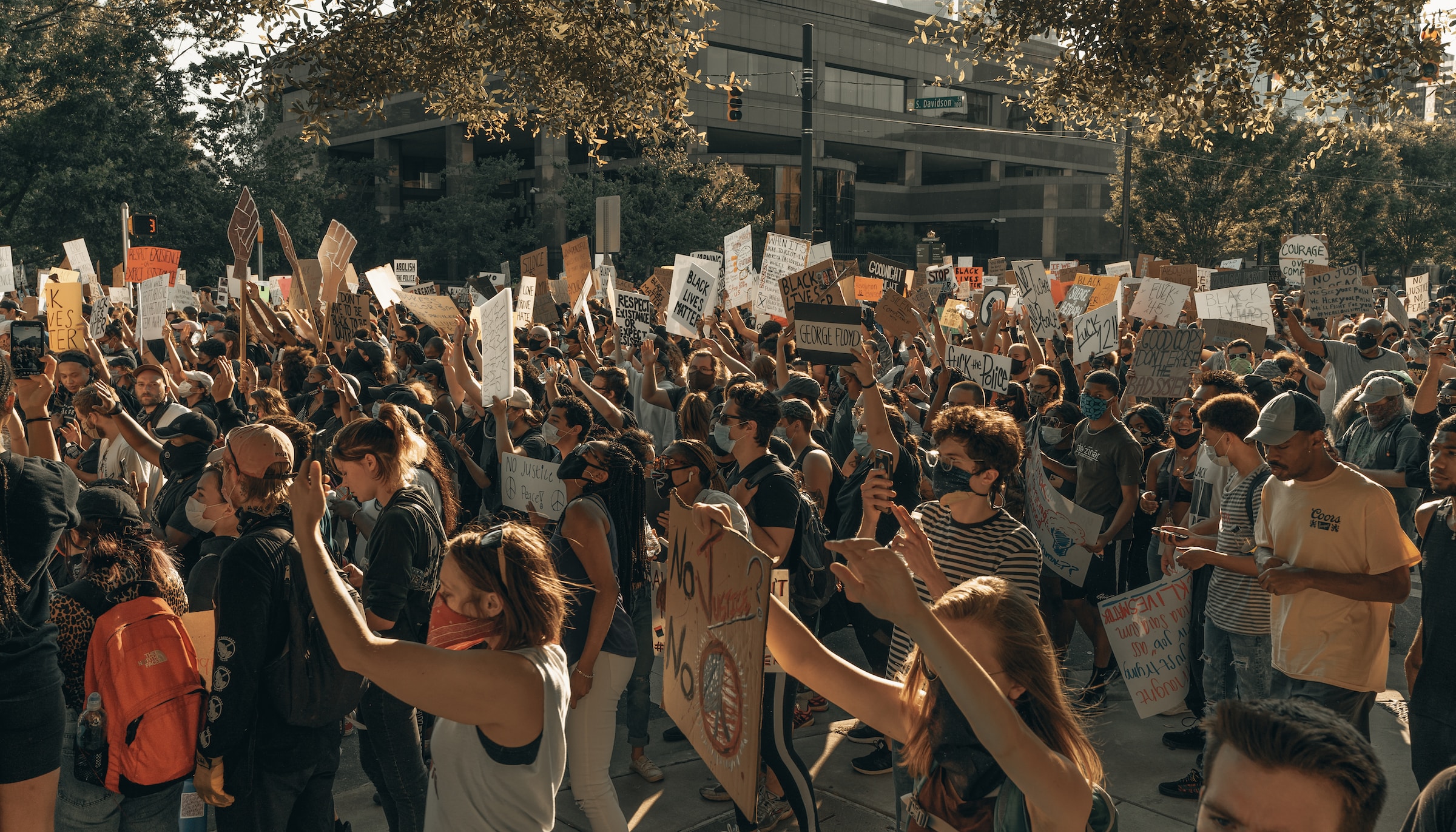
News Writer Aleena Khan reports on Strikers in Saris, Birmingham’s latest mural
On the 14th of October, after five weeks of painting, a new mural was unveiled in Birmingham, paying tribute to the unseen South Asian factory workers. The ‘Strikers in Saris’ mural honours the women who protested against poor working conditions at the Grunwick film processing factory in Willesden, north-west London, during its peak when 20,000 people took to the streets.
“The ‘Strikers in Saris’ mural honours the women who protested against poor working conditions at the Grunwick film processing factory in Willesden…
These protests were a direct response to the poor working conditions, discrimination and prejudice minority communities often faced. The ‘Strikers in Saris’ mural aims to highlight the positive contributions of migrant workers from South Asian countries like India and Pakistan, and their struggle to promote fair and equal workplaces.
The mural specifically recognizes women in their ‘Saris’, a traditional South Asian piece of clothing. Jayaben Desai, born in Gujarat, led the protest. The majority of these women, predominantly South Asian, lost their jobs for challenging the deplorable conditions in their factories. Pay rates differed based on race, and women had to seek permission to use the toilet.
In the 1970s, trade unions were often dominated by white men who determined which causes to support. Women and people of colour often struggled to gain trade union support in their fight against worker exploitation. The 2-year long Grunwick Dispute eventually ended in defeat but marked a valiant struggle that highlighted the inequalities faced by minority communities.
“Pay rates differed based on race, and women had to seek permission to use the toilet
The strike also subverted the stereotype of the ‘Submissive Indian Woman,’ as South Asian women took to the streets to protest. Jayaben Desai became famous for carrying her bag tucked under her arm and wearing a sari during the strikes.
The mural captures a moment from the 1970s, highlighting the bravery and struggle of women in colour in the workplace and within the trade union movement. Pakistani artist Haider Ali completed the mural in his distinctive ‘truck art style,’ using bold and vibrant colours to depict this historic moment.
Read more News articles here:
Southeast Asians Workers caught in Israel-Hamas Conflict
Ex-Constable sentenced for hitting schoolboy in Birmingham
Leader and gang members of people-smuggling network sentenced
Comments